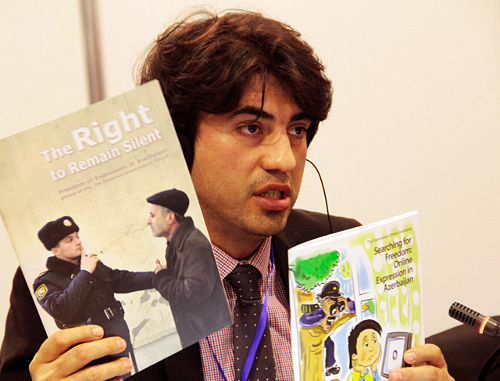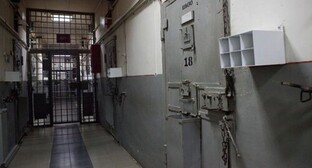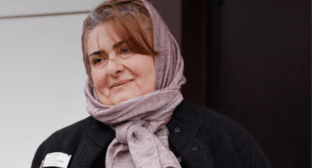
05 November 2012, 23:00
Emin Guseinov: Azerbaijani Internet introduces self-censorship
Officials in Azerbaijan often make statements about freedom of the Internet; however, the practice of arrest of journalists, human rights defenders, and bloggers for on-line statements contributes to the formation of self-censorship. This was stated by Emin Guseinov, Director of thee IRFS, at the international conference, entitled "Human Rights and Internet Governance are Inseparable".
The conference was organized on the eve of the Global Internet Governance Forum (IGF), scheduled for November 6-9 in Baku under the auspices of the UN. It was attended by representatives of the public institutions of Azerbaijan, institutions for civil society and the media, and international organizations.
"In the reality, the Internet in Azerbaijan is not free, but partially free. Despite the absence of a wide practice of blocking of websites, there are Internet dissidents in Azerbaijan. Prisons contain journalists, human rights defenders, and bloggers, who were arrested for their on-line statements. This promotes formation of self-censorship," said Emin Guseinov, Director of the Institute for Reporters' Freedom and Safety (IRFS).
He has mentioned as another problem the accessibility of the Internet in the country. "There are 3.5 million users in Azerbaijan; however, most of them use old technology of dial-up, and, therefore, they cannot enjoy high-speed Internet. Implementation of the 3G technology, used by mobile operators for the provision of internet services, is only nominal, since the speed of the Internet to mobile phone subscribers is low," Emin Guseinov stated.
According to the Director of the IRFS, "all issues of the development of the technical infrastructure and content can be solved within one year, if there is the political will of the government."
Courtney Radsch, a representative of the international human rights organization "Freedom House", raised the issue of the practice of restricting the Internet in authoritarian states. According to her, the experience of countries of the Middle East and North Africa has shown that the practice of filtering does not guarantee the prevention of people's protests. All those restrictive measures eventually turned into processes, called "Arab Spring".
John Kamptner, an international expert, has noted that the regulation of the Internet is directly related to human rights and freedoms. He has emphasized that the fight in the Internet against terrorism, extremism, and child pornography should not turn into human rights violations.
Author: Faik Medzhid Source: CK correspondent




